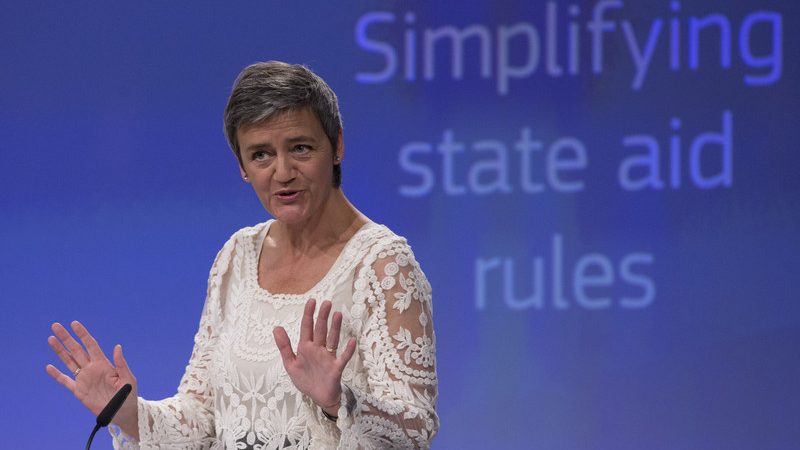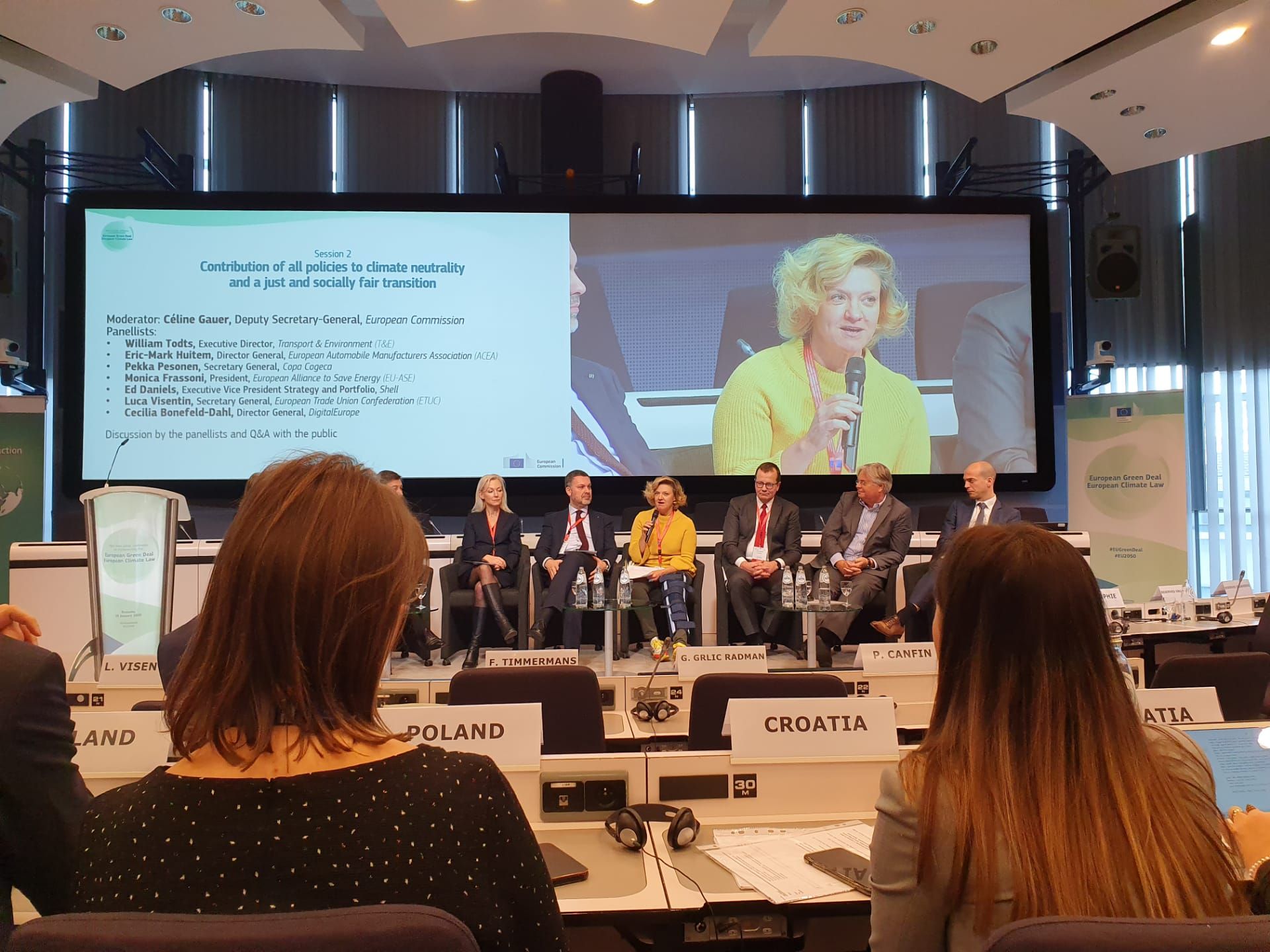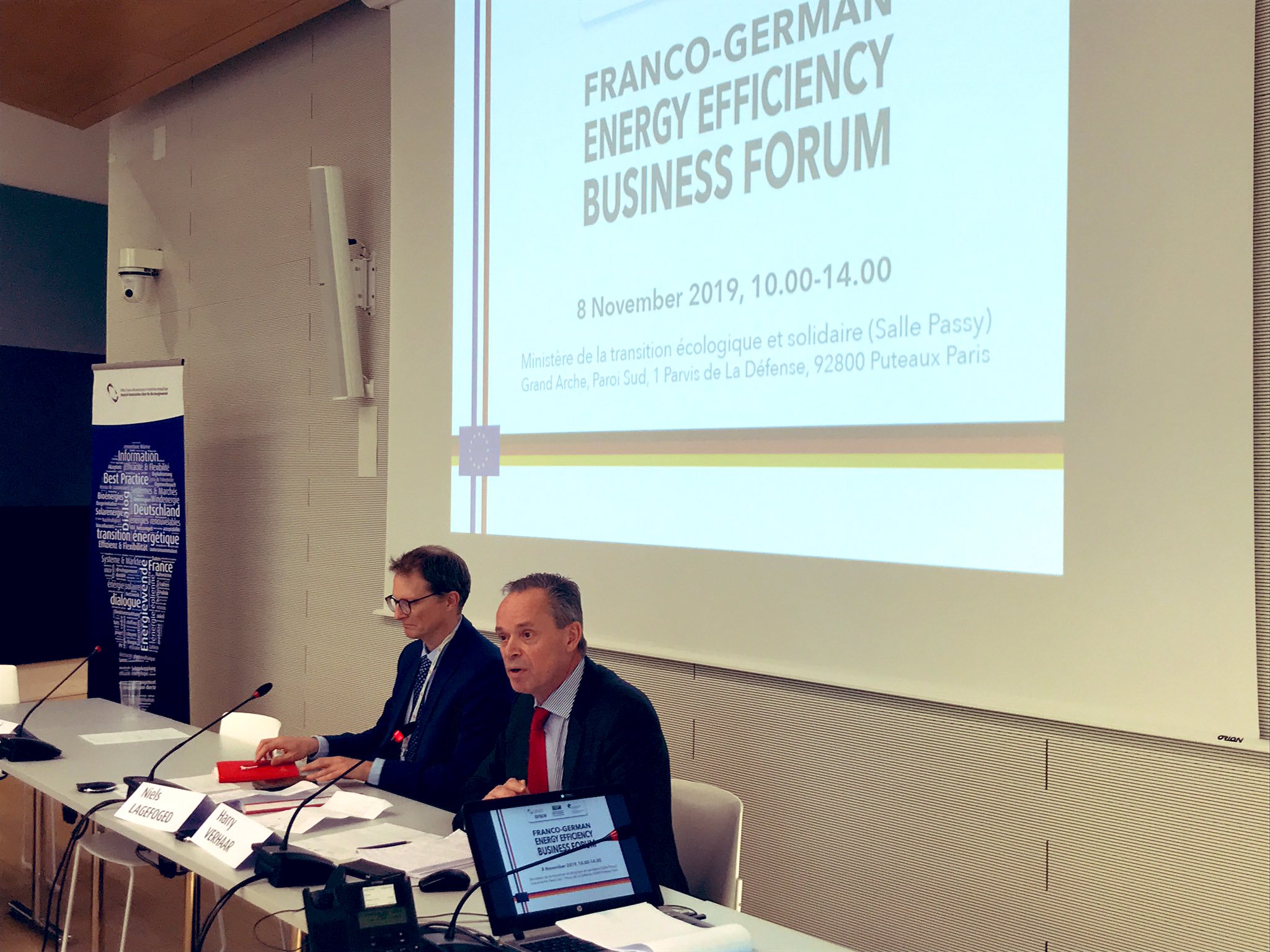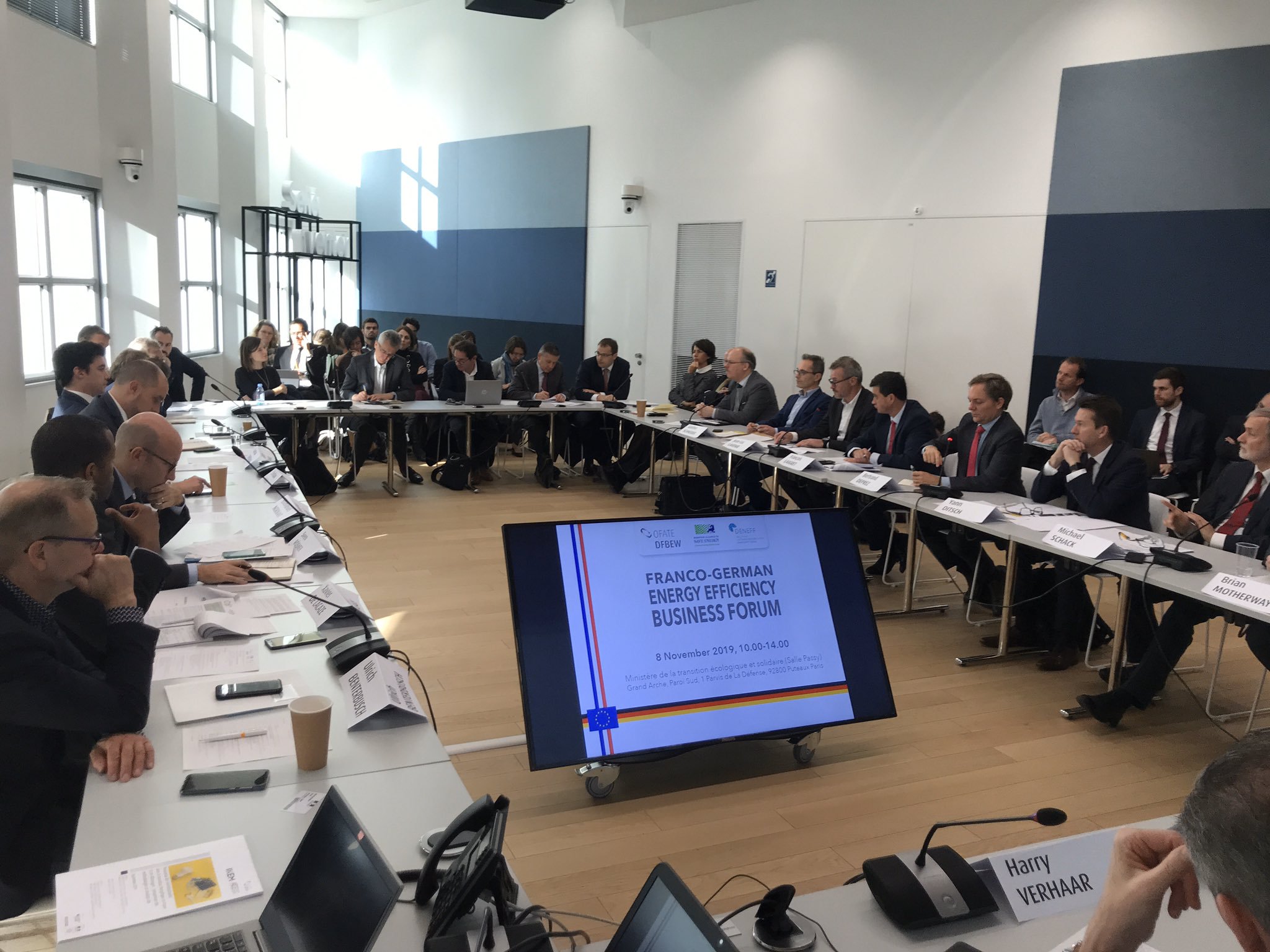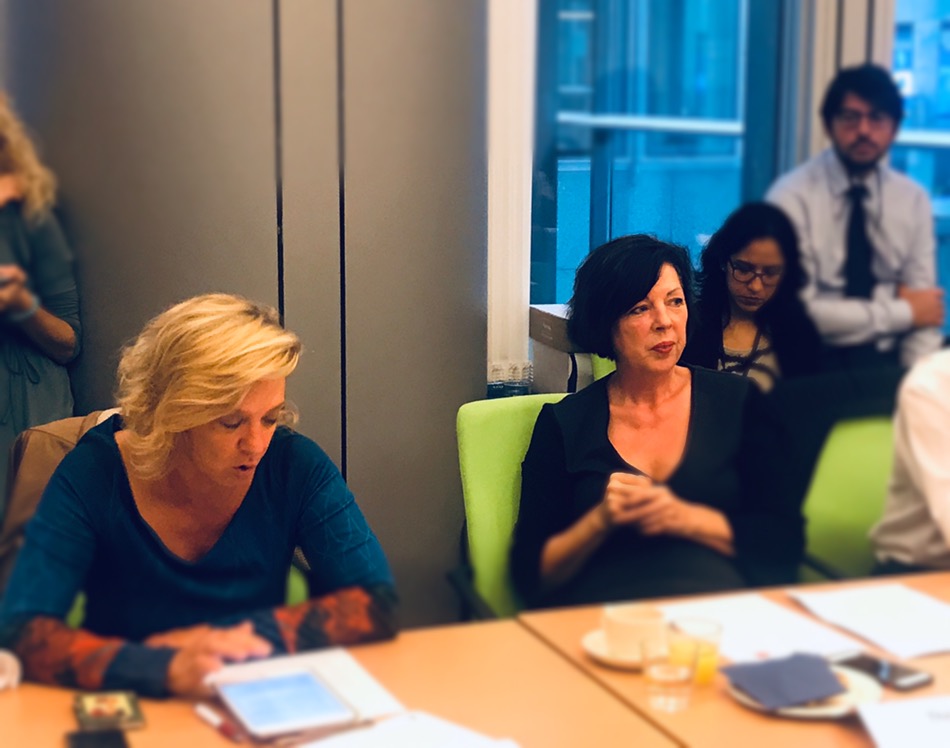EU-ASE at EE Global 2020 – Global Energy Efficiency Indicator Study Release
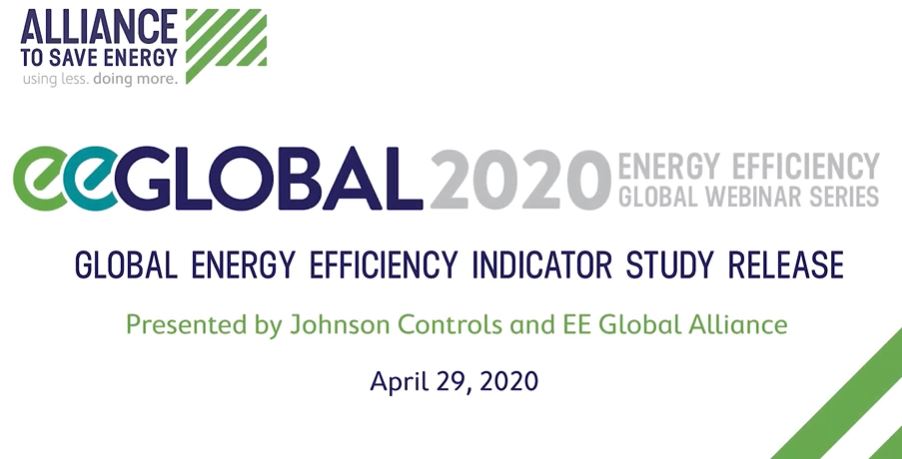
On 29 April, EU-ASE president Monica Frassoni spoke at the first in the EE Global 2020 webinar series which focused on the results of Johnson Controls’ 2019 Global Energy Efficiency Indicator survey. The survey tracks current and planned investments, key drivers, and organizational barriers to improving energy efficiency in facilities.
Monica Frassoni provided the European perspective on the survey and contributed to the discussion on how the results can inform the EE community’s actions to accelerate national and global economic recovery.
Among the panellists were Clay Nesler of the Alliance to Save Energy, Jeff Eckel of Hannon Armstrong, Joyce Henry of Natural Resources Canada, and He Ping of Energy Foundation China.
In a fast-changing political and economic environment, 2025 was a year of continued efforts to strengthen security, stability, and competitiveness for European businesses.
Throughout the year, our work demonstrated that energy efficiency is not only essential to achieving climate goals, but also a key driver of innovation, energy independence and sustainable long-term growth across Europe.
Strong engagement with policymakers, combined with the successful organisation of the 4th European Energy Efficiency Day, highlighted the importance of collaboration and dialogue in advancing shared objectives. Partnerships across sectors and institutions remained central to delivering impact and shaping effective energy policies.
Looking ahead to 2026, we will intensify our efforts to secure the regulatory certainty that can accelerate the energy transition, while providing businesses with the investment confidence they need and strengthening Europe’s competitiveness.
Read the full Activity Report here.


